Ever noticed how a bar of chocolate can lift your spirits after a stressful day, or how a heavy fast-food meal leaves you sluggish and irritable? That’s the food and mood connection at work. What we eat doesn’t just fuel our bodies, it profoundly shapes our emotions, energy, and even mental health.
Think of your brain as a high-performance engine. Just like a car runs best on clean fuel, your brain thrives on nutrient-rich foods. But when it’s running on junk, the results can be irritability, anxiety, or even depression. The science of the food and mood connection reveals how what’s on your plate can directly influence what’s on your mind.
Why Food and Mood Are So Closely Linked
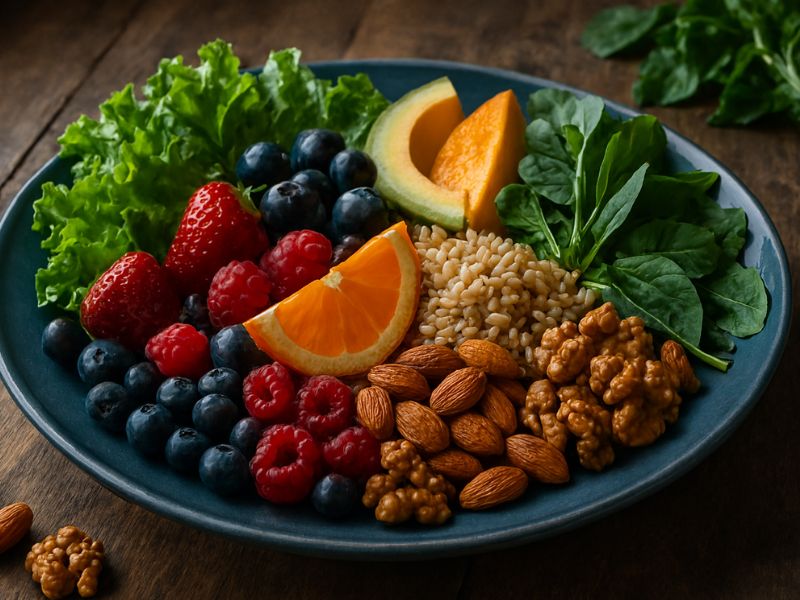
Our gut and brain are in constant conversation. The gut produces about 90% of the body’s serotonin, the “feel-good” hormone. That means your digestive health directly affects your emotional state. Foods rich in vitamins, minerals, and healthy fats feed not just your body, but also your brain chemistry.
The food and mood connection isn’t about dieting; it’s about balance. Whole foods like fruits, vegetables, lean proteins, and omega-3s give your brain what it needs to regulate emotions, while processed foods can throw that system out of balance.
The Science Behind the Food and Mood Connection
1. Carbs and Comfort
Carbohydrates boost serotonin, which is why a bowl of pasta or fresh bread feels comforting. But refined carbs, like sugary snacks, spike energy fast and crash it just as quickly, leaving irritability in their wake.
2. Protein and Stability
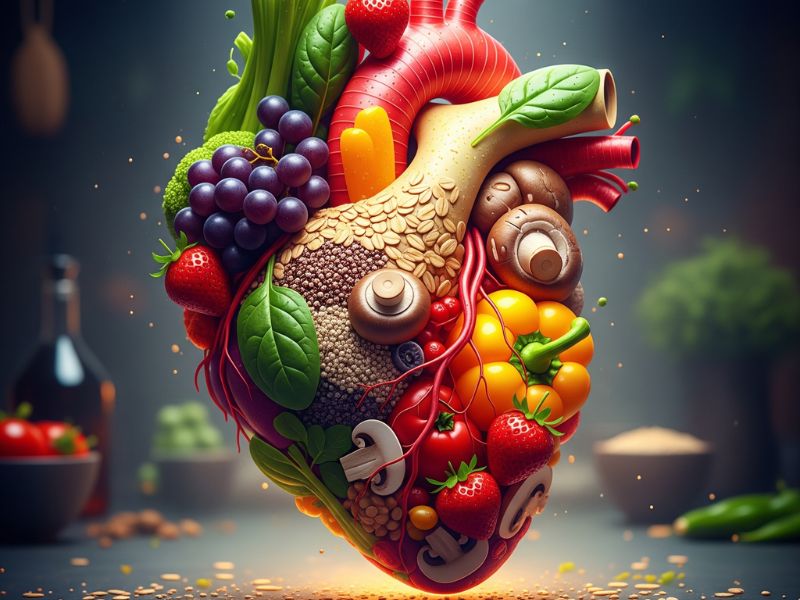
Proteins provide amino acids, the building blocks of neurotransmitters. That means foods like eggs, chicken, beans, and fish help maintain steady mood and focus throughout the day.
3. Omega-3 Fatty Acids for Happiness
Found in salmon, walnuts, and flaxseeds, omega-3s are linked to reduced depression and improved emotional resilience. This is a powerful part of the food and mood connection because your brain is nearly 60% fat, it craves healthy fats to function well.
4. Micronutrients and Mental Health
B vitamins, magnesium, and zinc are small but mighty. Deficiencies in these nutrients are often tied to anxiety and low mood. Eating leafy greens, nuts, and seeds can help close the gap. And when talking about food and mood connection, its extremely important to track your moods and emotions.
Real-Life Example: Stress Eating vs. Balanced Choices
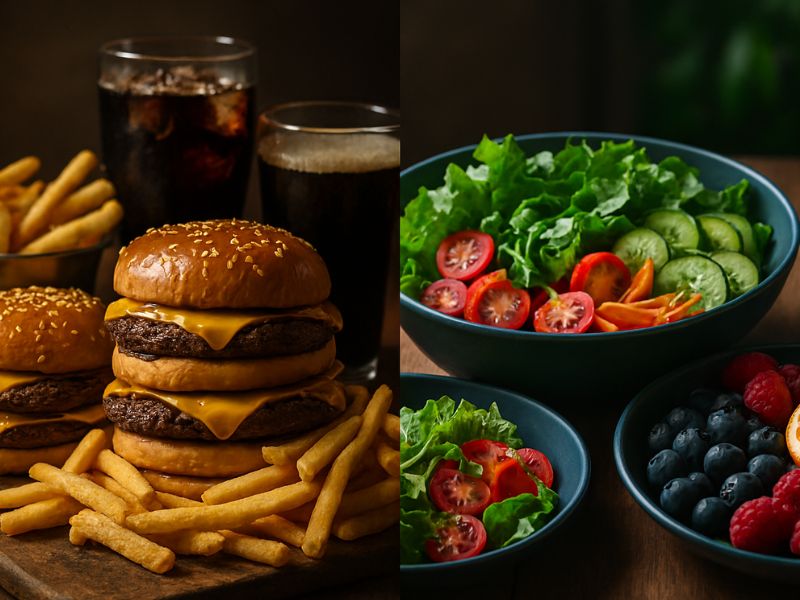
Imagine this: Sarah, a busy professional, ends a stressful workday and grabs fast food on her way home. She feels better while eating, but later she’s bloated, tired, and irritable. Compare this with Alex, who also had a rough day but opted for grilled salmon, quinoa, and roasted vegetables. He ends the evening calmer and even has the energy for a walk.
That’s the food and mood connection in action, short-term satisfaction versus long-term emotional stability.
Foods That Boost Your Mood
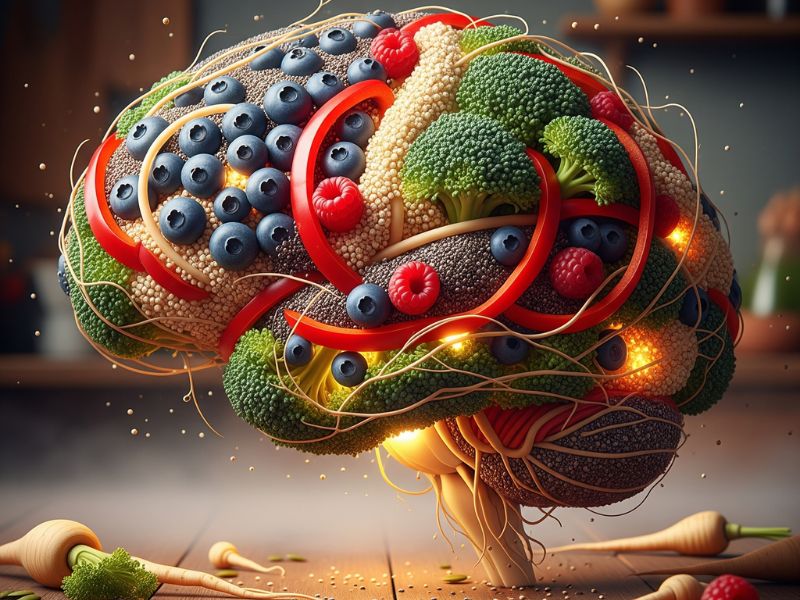
- Leafy Greens (Spinach, Kale, Broccoli): Rich in folate and magnesium, great for reducing fatigue.
- Berries (Blueberries, Strawberries): Packed with antioxidants that lower stress.
- Nuts and Seeds: Contain magnesium and healthy fats that support relaxation.
- Fermented Foods (Yogurt, Kimchi, Sauerkraut): Improve gut health, which boosts serotonin production.
- Dark Chocolate: In moderation, increases endorphins and gives a natural mood lift.
How Gut Health Shapes Your Emotions
The gut is often called the “second brain,” and for good reason. Inside your digestive tract lives a community of trillions of bacteria, known as the gut microbiome. These bacteria don’t just help break down food; they actively influence your brain and emotional well-being.
When your gut is healthy:
- Serotonin levels stay steady (90% of serotonin is produced in the gut).
- Stress is lower and moods are more balanced.
- Energy and focus are easier to maintain.
But when gut health is disrupted by:
- Antibiotics,
- Processed foods, or
- Lack of fiber,
…it can trigger irritability, anxiety, and even symptoms of depression.
Simple steps to boost gut health:
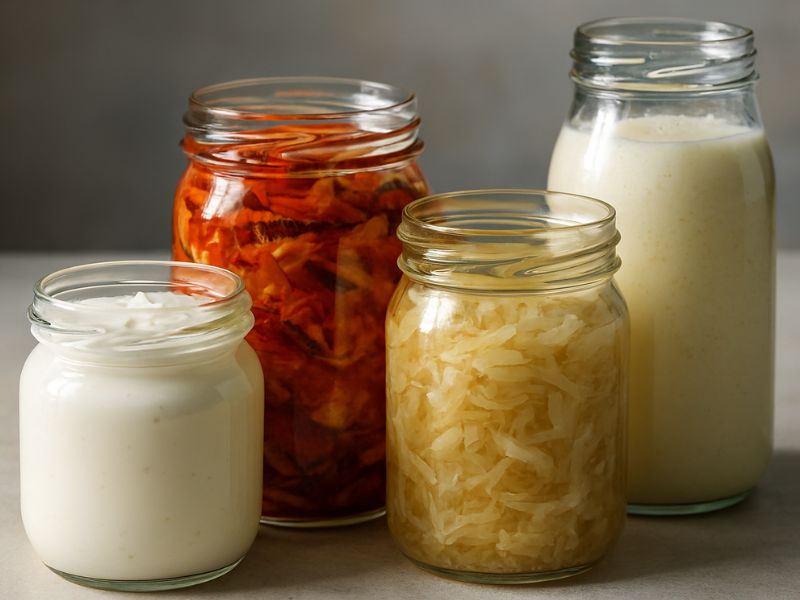
- Add fermented foods (yogurt, kefir, kimchi, sauerkraut).
- Include fiber-rich foods (beans, whole grains, apples).
- Stay hydrated and reduce overly processed meals.
You might also want to read about the Numerology of Your Wardrobe.
Cultural Comfort Foods and Emotional Connection

Food isn’t just fuel, it’s memories, culture, and comfort. Think about:
- Your grandmother’s soup,
- A favorite childhood snack, or
- The dish you always order at family gatherings.
These meals create emotional associations that go far beyond taste.
Why cultural comfort foods matter:
- They provide nostalgia and a sense of belonging.
- They help reduce stress in tough times.
- They strengthen family and cultural identity.
Example: A warm bowl of pho or a plate of spaghetti may not only fill your belly but also trigger feelings of safety and love.
The key is balance:
- Enjoy cultural comfort foods in moderation.
- Pair them with nutrient-rich meals for lasting emotional and physical benefits.
Foods That Harm Emotional Well-being
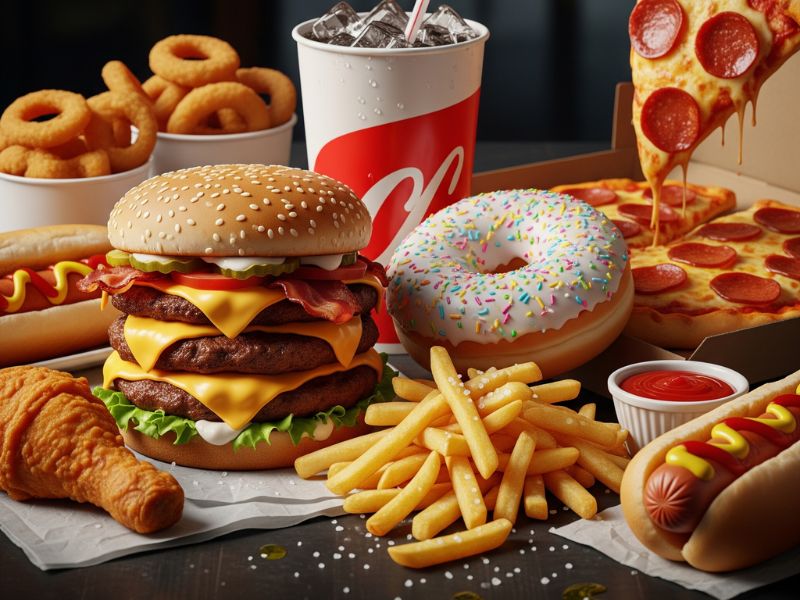
- Sugary Drinks and Snacks: Cause rapid blood sugar spikes and crashes.
- Highly Processed Foods: Lack nutrients and increase inflammation.
- Excess Caffeine: Triggers jitters and anxiety.
- Alcohol: Depresses the nervous system and disrupts sleep.
Avoiding these doesn’t mean giving them up forever, but being mindful strengthens the food and mood connection in your favor.
Practical Tips to Strengthen the Food and Mood Connection
- Plan Balanced Meals: Include protein, complex carbs, and healthy fats in each meal.
- Stay Hydrated: Even mild dehydration can cause irritability.
- Listen to Your Gut: Pay attention to how different foods make you feel after eating.
- Snack Smarter: Swap chips for nuts or fruit.
- Mindful Eating: Slow down, savor each bite, and notice the emotional response.
FAQs
1. What is the food and mood connection?
It’s the link between what we eat and how we feel emotionally, largely influenced by brain chemistry and gut health.
2. Can food really improve mental health?
Yes. Nutrient-rich foods like omega-3s, proteins, and greens can reduce anxiety and depression symptoms.
3. Which foods should I eat for happiness?
Leafy greens, berries, nuts, seeds, fermented foods, and fatty fish are top choices.
4. Why do I crave junk food when I’m stressed?
Stress hormones push your body to seek quick energy, often leading to sugary or fatty cravings.
5. Can skipping meals affect my mood?
Absolutely. Skipping meals drops blood sugar levels, making you tired, cranky, and less focused.
6. How fast can food affect my emotions?
Some foods (like sugar) act within minutes, while long-term dietary patterns shape overall emotional resilience.
Conclusion: Your Plate, Your Peace of Mind
The food and mood connection shows us that nutrition is more than calories, it’s emotional fuel. By choosing whole, balanced foods, you’re not just protecting your body but also nurturing your emotional well-being.
Next time you reach for a snack, pause and ask: “Will this food comfort me for a moment, or support me for the long haul?” Your answer could shape your mood, your day, and even your outlook on life.

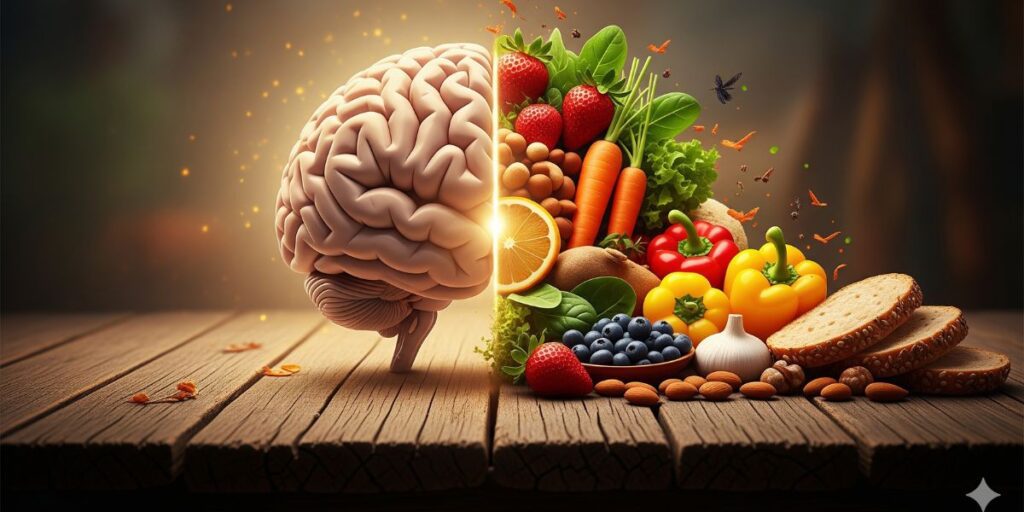


Hi https://theselectshowcase.com/contact,
I noticed that your website isn’t getting enough visibility on Google.
I can help you rank your website in the Top 3 positions and bring in high-quality traffic.
Would you like me to send a custom SEO plan for your business?
I will be happy to share with you our strategies with package details.
Best Regards,
Anjali
yes, I would love to hear from you.